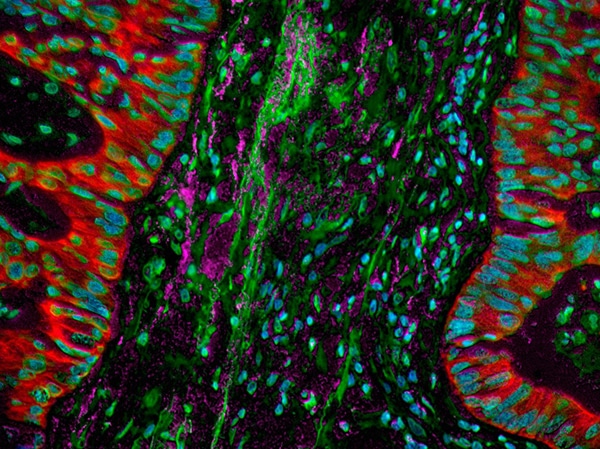A New Immunotherapy Option and Diagnostic Test for Early Lung Cancer
THE FDA APPROVED THE FIRST ADJUVANT IMMUNOTHERAPY FOR EARLY LUNG CANCER
The U.S. Food and Drug Administration (FDA) granted expanded approval to atezolizumab (Tecentriq) to include the treatment of certain patients with early non-small cell lung cancer (NSCLC).
Atezolizumab is a type of immune checkpoint inhibitor given by intravenous injection. It binds to the PD-L1 protein on the surface of cancer cells to help the body’s immune cells recognize and kill them.
The FDA previously approved atezolizumab in October 2016 for patients with metastatic NSCLC whose disease progressed despite treatment with platinum-based chemotherapy, and for those with tumors with EGFR or ALK genomic alterations whose cancer progressed during treatment with targeted therapeutics.

The new expanded indication is for the use of atezolizumab as adjuvant treatment after surgery and platinum-based chemotherapy in patients with early NSCLC, stage 2 to 3a, with PD-L1 expression on 1 percent or more of tumor cells, as determined by the FDA-approved companion diagnostic test, the VENTANA PD-L1 (SP263) Assay.
The FDA approval was based on an interim analysis of a phase III, multicenter, open-label, randomized clinical trial in which a total of 1,005 patients with stage 2 to 3a NSCLC received either atezolizumab or supportive care after undergoing surgery and treatment with chemotherapy. In a subgroup of 476 patients with PD-L1 expression on 1 percent or more of tumor cells, the risk of disease recurrence or death was reduced by 34 percent for patients who received atezolizumab compared to those who received supportive care. In a further subgroup analysis, the risk of disease recurrence or death was reduced by 57 percent for patients with stage 2 to 3a NSCLC with PD-L1 expression on 50 percent or more of tumor cells.
Lung cancer is the third most common type of cancer in the United States. It was estimated that 235,760 patients would be diagnosed with lung and bronchus cancer in the U.S. in 2021.
The FDA rendered the decision on October 15, 2021.
